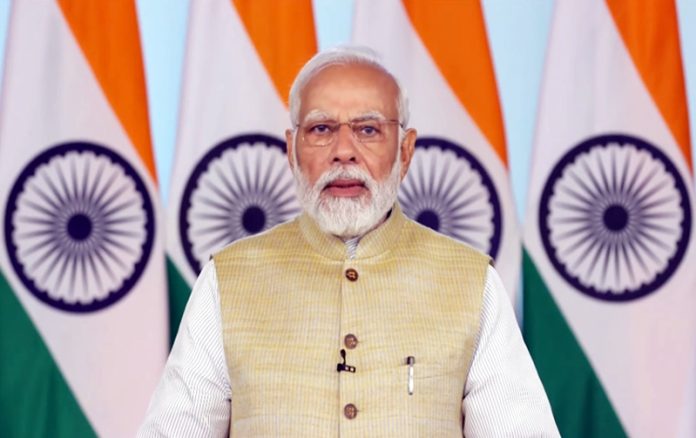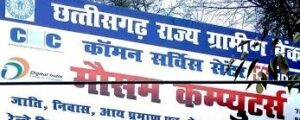[ad_1]

DC asked to provide uninterrupted internet facilities
Mohinder Verma
Jammu, February 15: Prime Minister Narendra Modi will virtually interact with beneficiaries of seven major schemes of the Government of India during his visit to Jammu and Kashmir on February 20 to find out how the schemes have transformed people’s lives. and is in the process of providing high quality internet facilities at all the Deputy Commissioners, Union Territory Districts as well as identified Block Headquarters of the State.
Official sources told Excelsior that the administration has received information that the Prime Minister will interact with the beneficiaries of seven major schemes through virtual mode and necessary arrangements in this regard should be made well in advance.
“All Deputy Commissioners, in consultation with the departments concerned, are in the process of shortlisting the beneficiaries, who will be available for interaction with the Prime Minister. In respect of three schemes – preferably women beneficiaries are being identified”, he said.
Sources further said, some selected beneficiaries will be invited to the district headquarters, while others will be available at the identified block headquarters to share their success stories. The Deputy Commissioner is creating uninterrupted internet to ensure uninterrupted interaction through virtual mode. Connectivity is available at identified block headquarters as most of the district headquarters already have this facility.
He further said, “The Prime Minister wants to hear directly from the beneficiaries on how these seven flagship schemes of the Government of India have changed their lives and what efforts are being made by the administration to bring more people under the ambit of these schemes.” “The administration of the Union Territory has also prepared the list of scheme-wise beneficiaries of the schemes for the assessment of the Prime Minister,” he said.
These schemes include Pradhan Mantri Awas Yojana-Gramin (PMAY-G) being implemented by the Rural Development Department, PM Kisan being implemented by the Agriculture Department, Jal Jeevan Mission being supervised by the Jal Shakti Department, implemented by the Rural Development Department. The ongoing National Rural Livelihood Mission is included. , Pradhan Mantri Jan Arogya Yojana (PMJAY)/Ayushman Bharat, PM Ujjwala and Pradhan Mantri Kisan Energy Security and Utthan Mahabhiyan (PM-KUSUM) are being implemented by the Department of Science and Technology.
With regard to PMAY-G, the Prime Minister would like to know how the households have benefited the beneficiaries, while with regard to PM Kisan, the beneficiaries will inform the Prime Minister about any difficulties faced in accessing the funds.
Similarly, regarding Jal Jeevan Mission, the Prime Minister will also take information about the previous situation, walking distance and benefits to the beneficiaries. Regarding NRLM, the Prime Minister will find out how the funds were utilized and whether beneficiaries faced any difficulties in getting training and loans, while regarding PMJAY the Prime Minister will inquire about difficulties in getting treatment under the scheme. Will inquire. PM-Kusum will be given information by the beneficiaries about the benefits in farming and its impact on agricultural production.
PMAY-G aims to provide pucca houses with some basic amenities to those who do not have houses and those who live in kutcha houses or houses that are seriously damaged, while providing basic financial assistance under PM Kisan. She goes. To small and marginal land holding farmer families, provided it is cultivable land.
Jal Jeevan Mission envisages providing safe and adequate drinking water to all households in rural India through individual household tap connections. The mission is based on community approach towards water and includes comprehensive information, education and communication as key components.
The National Rural Livelihood Mission aims to create efficient and effective institutional platforms for the rural poor, enabling them to increase household income through sustainable livelihood enhancement and improved access to financial services.
PM-JAY is the world’s largest health insurance/assurance scheme entirely funded by the government. It provides a cover of Rs. ₹ 5 lakh per family per year for secondary and tertiary care hospitalization in public and private empaneled hospitals in India.
PM-Ujjwala targets households that still use traditional cooking fuels, which can be harmful to health and the environment. Under Ujjwala 2.0, eligible beneficiaries get financial assistance to get LPG connection along with gas stove and cylinder. Similarly, PM-KUSUM is one of the biggest initiatives of the Government of India to provide clean energy to farmers by running their agricultural pumps with solar energy.


















